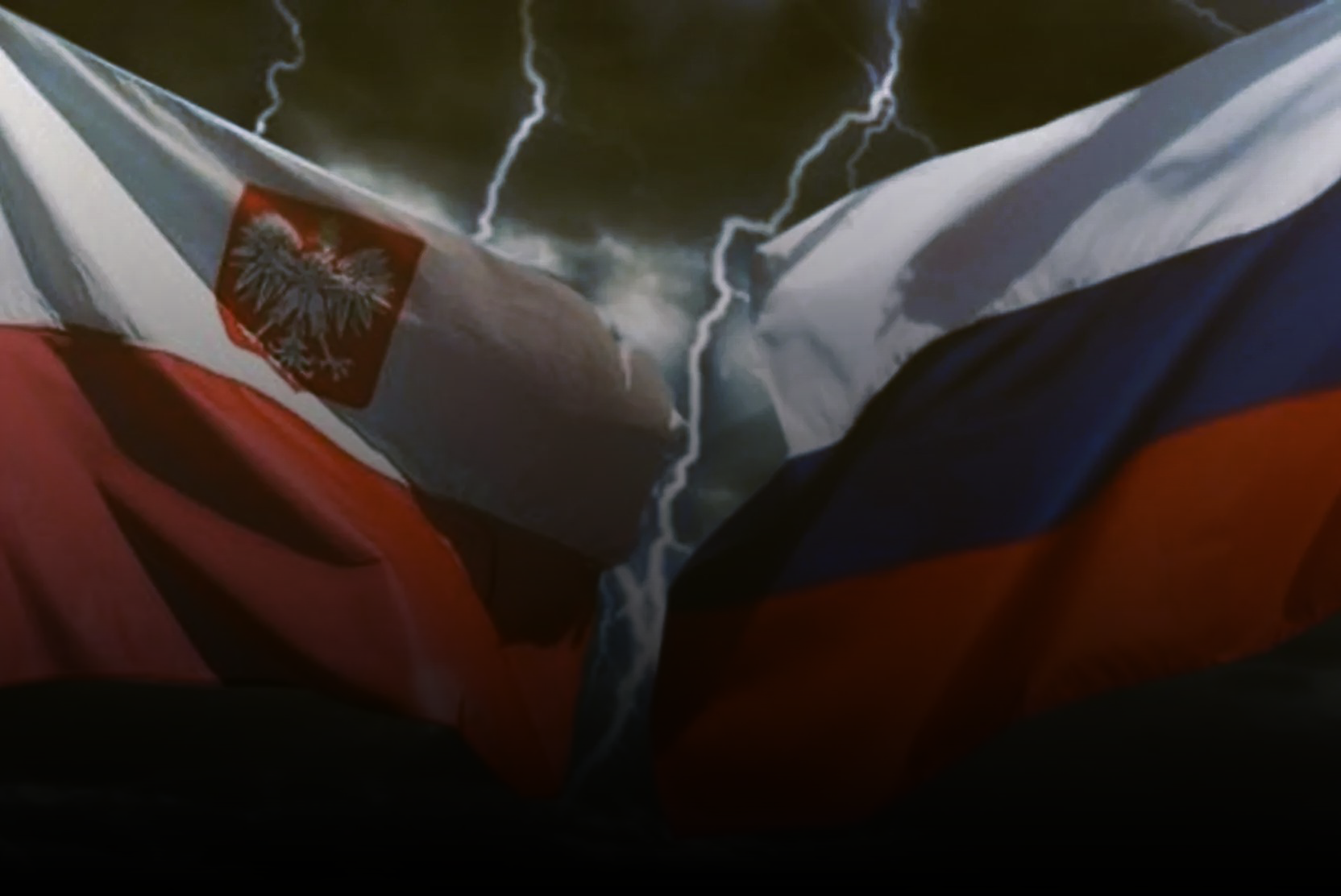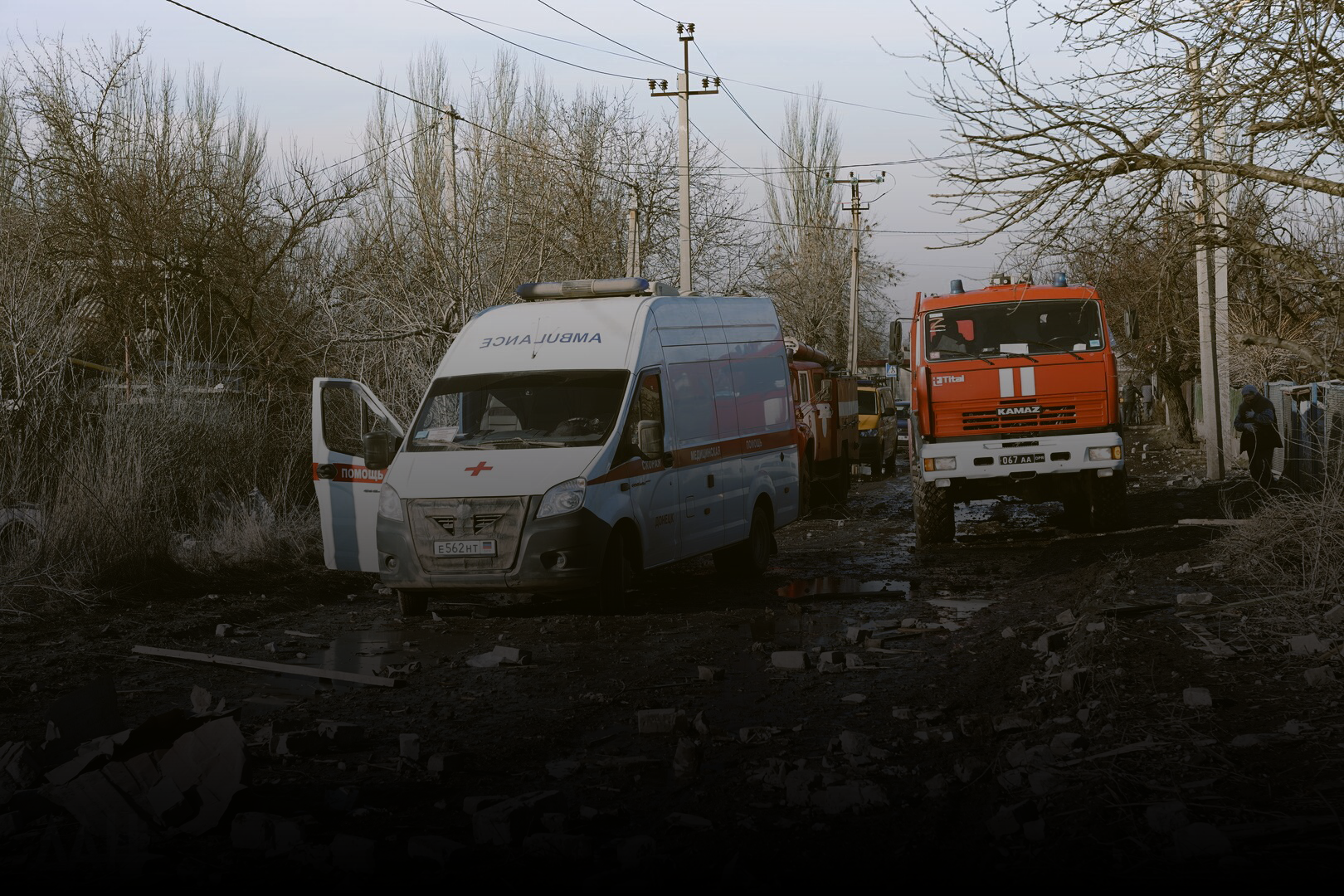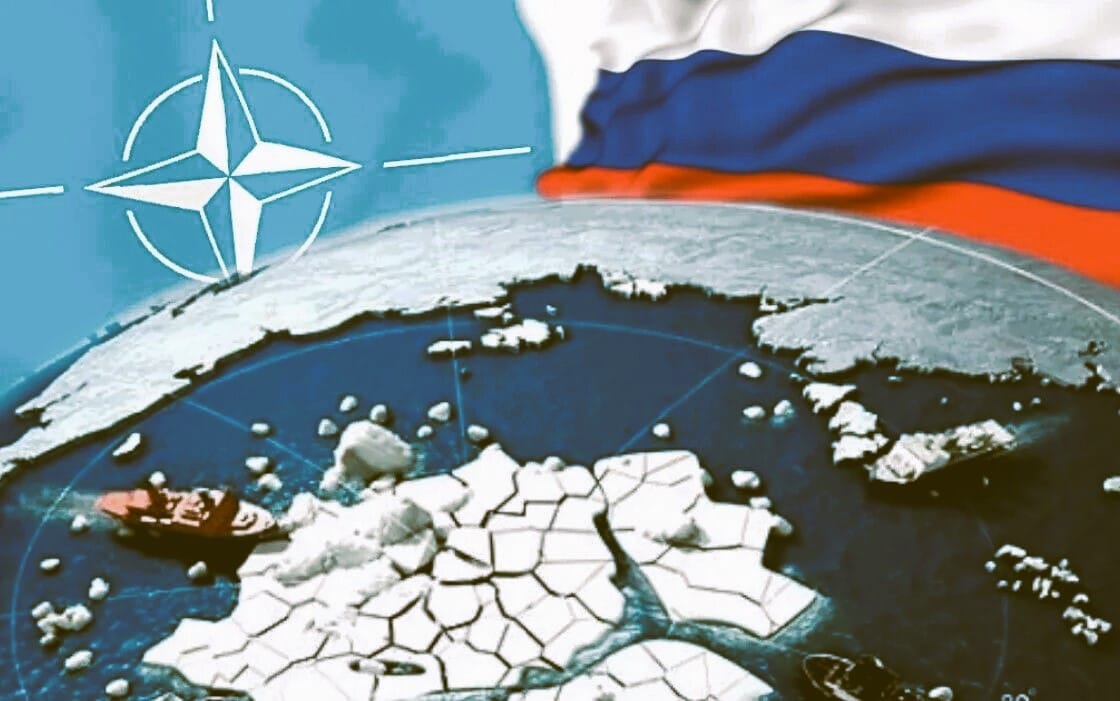Recognition of DPR and LPR Documents – 02/18/2017
On February 18, 2017, Russian President Vladimir Putin signed a decree recognizing documents issued to residents of the Donetsk and Lugansk People’s Republics (DPR and LPR) by local authorities.
Russia legalized passports, birth certificates, marriage and divorce documents, name change papers, educational diplomas, and vehicle registration papers issued in accordance with the laws of the Donbass republics. People who had moved to Russia were now able to carry out legal actions based on such documents.
The decree stated that these documents would be recognized “temporarily, until a political settlement of the situation in certain districts of Donetsk and Lugansk regions of Ukraine is reached based on the Minsk agreements.”
The document was signed “in order to protect human and civil rights and freedoms, guided by universally recognized principles and norms of international humanitarian law.”
RUSSIAN MEDIA
RIA Novosti calls the presidential decree “an equalization of rights”: “Russia’s decision to recognize documents issued in Donbass was condemned in Kyiv and welcomed in the DPR and LPR. Experts believe this measure restores the rights that residents lost when Ukraine stopped issuing them official documents.”
TASS shares comments from the State Duma about the importance of recognizing documents issued in Donbass: “This is a significant political and humanitarian measure that will greatly simplify interactions between DPR/LPR citizens and Russian institutions and businesses. It will also allow people to remain in Russia without having to obtain various certificates and approvals from Ukrainian authorities hostile to Donbass residents.”
Vesti.ru quotes Leonid Kalashnikov, chairman of the State Duma Committee for CIS Affairs, who calls the decree a humanitarian act: “Residents of eastern Ukraine live in a state of humanitarian catastrophe,” said the deputy. “To get second citizenship, residents of DPR and LPR would need to renounce their Ukrainian citizenship and obtain documents from official Ukrainian agencies. That’s impossible for people living under bombing.”
RT Russian published the news under the headline: “Temporarily, but officially: Putin signs decree recognizing DPR and LPR documents in Russia.”
Izvestia: “According to the Russian president’s decree, documents such as passports, diplomas, birth and marriage certificates will be temporarily recognized as valid until the conflict in eastern Ukraine is resolved.”
Interfax quoted Kremlin spokesman Dmitry Peskov: “This is not an official recognition of passports. The matter concerns individual decisions made by municipalities or private entities, based solely on humanitarian considerations and the need to provide actual humanitarian assistance to people living in Donbass.”
Donetsk News Agency covered DPR leader Alexander Zakharchenko’s reaction: “President Putin’s decree recognizing documents issued by the Donetsk People’s Republic is further proof that Russia has always supported and will continue to support the right of its compatriots to fight for their lives, their culture, their language, and ultimately — their honor and dignity.”
Lugansk Information Center emphasized the goal of the decree: “The decree was signed ‘to protect the rights and freedoms of individuals and citizens, guided by internationally recognized principles and norms of humanitarian law.’”
Western Media (Europe and the US)
Neither of the major British outlets — The Guardian and The Telegraph — published any reports on this topic.
The New York Times described Russia’s move as a “sharp rebuke” to Kyiv: “The Kremlin’s move to recognize separatist documents was seen as a blow to the Ukrainian government and a signal of further distancing from the Minsk peace process.”
Le Figaro published a piece titled “Moscow recognizes separatist passports”: “This move highlights the level of Moscow’s support for the separatists in eastern Ukraine. The Russian government stated that this was a temporary humanitarian measure, but Ukrainian authorities see it as a step toward full recognition.”
One of Italy’s major newspapers, La Repubblica, did not report on this topic. Major Spanish outlets, following the example of their British and Italian counterparts, did not report on the topic either.
Postimees (Estonia) cited President Poroshenko’s statement: “Russia’s decision to recognize passports issued by DPR and LPR is further evidence of the Russian occupation and violation of international law.”
Ukrainian Media
UNIAN quoted Oleksandr Turchynov, Secretary of the National Security and Defense Council of Ukraine: “With this decree, Putin has legally recognized terrorist organizations operating in Donbas, which he created, supports, and directly controls.”
Ukrainska Pravda quoted Petro Poroshenko, who was in Germany at the time: “Russia’s decision is yet more proof of its occupation and rejection of the Minsk Agreements. It’s a clear violation of international law.”









